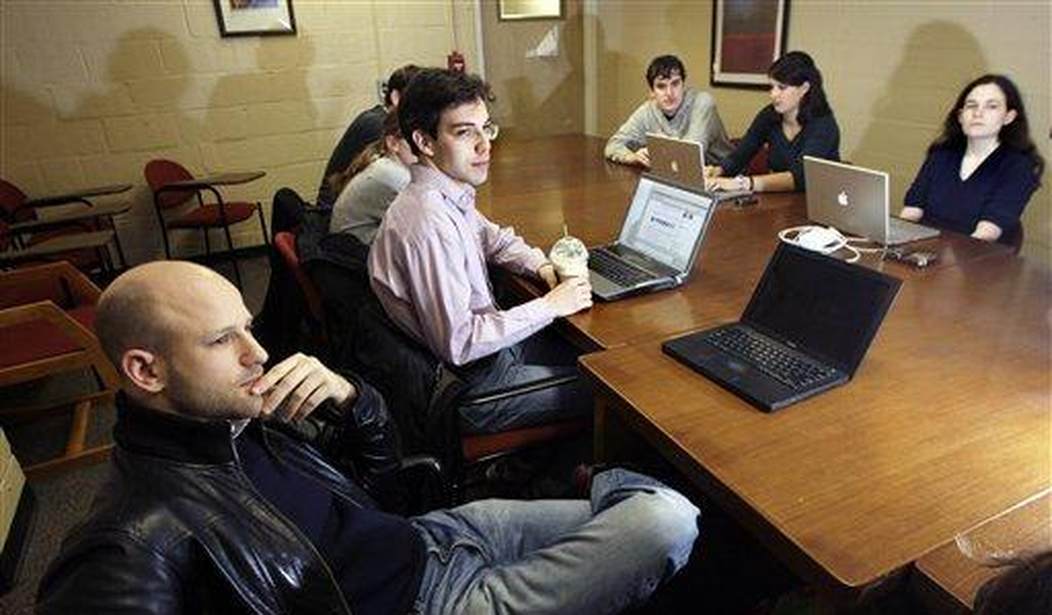Just before white powder in the White House became all the rage on the airwaves and interwebs, affirmative action was on people’s minds. After the Supreme Court issued a ruling stopping race-based admissions in universities, the usual debates erupted over the practice. But the findings of a recent poll showed some interesting results regarding American attitudes toward affirmative action.
The results of an Economist/YouGov poll indicate that Americans approve of the Supreme Court’s decision to restrict the use of affirmative action in college admissions by a two-to-one margin. Surprisingly, even a significant portion of Black Americans expressed approval for the decision, with more than four in ten supporting it and fewer than 40 percent opposing it. The poll also revealed that only 19 percent of Black Americans felt that affirmative action had a personal impact on them, and just 11 percent of those individuals saw it as a positive influence.
What is also interesting about these results is that polling done in previous years has shown that blacks favored the intent of the policy, which was originally to make up for past racial discrimination. But now, times seem to have changed. The poll found that only 20 percent of black Americans believed affirmative action gave them an advantage, while 35 percent indicated that these policies placed them at a disadvantage.
Support for the Supreme Court’s ruling likely stems from a range of factors, including personal experiences, individual merit, and the associated stigma.
One key factor contributing to the unexpected support for the affirmative action ruling among black Americans is their perception that the practice has not been beneficial to them personally. In fact, studies have shown that affirmative action often benefits white women more than any other group. This realization prompts some black individuals to question the effectiveness of affirmative action in addressing their specific needs and promoting equal opportunities.
Contrary to the narratives propagated by some progressive voices in the media, many black Americans prefer to be evaluated based on their individual merit rather than relying on race-based policies. They aspire to succeed based on their own abilities and hard work, rather than relying on affirmative action as a means of leveling the playing field. This desire for true meritocracy aligns with the principles of equal opportunity and self-reliance that resonate with a significant segment of the black community.
Affirmative action policies, while intended to address historical inequalities, can carry a stigma that affects the perception of those who benefit from them. Black Americans, in particular, may feel uncomfortable with the notion that their achievements are influenced or devalued by affirmative action measures. There is also the issue that a black individual who is qualified for a position might be viewed as unqualified by others due to these policies.
Some individuals perceive the assumption that they need preferential treatment as a form of patronization or a tacit suggestion that they are incapable of succeeding without special assistance. This discomfort may lead to a preference for policies that are perceived as race-blind and not tainted by such associations.
In the end, a lot of the furor over affirmative action was much ado about nothing. The practice did not affect nearly as many people as some have made it sound when it comes to being able to attend college. On the other hand, ending the practice is not exactly going to prevent qualified black Americans from being able to take advantage of higher education either.
The surprising support for the affirmative action ruling among Black Americans can be attributed to a range of factors that challenge common assumptions. Personal experiences of limited benefits, a desire for merit-based evaluations, and the associated stigma contribute to a more nuanced understanding of this issue. Either way, black Americans seem to understand that this practice stopped benefitting them a long time ago.












